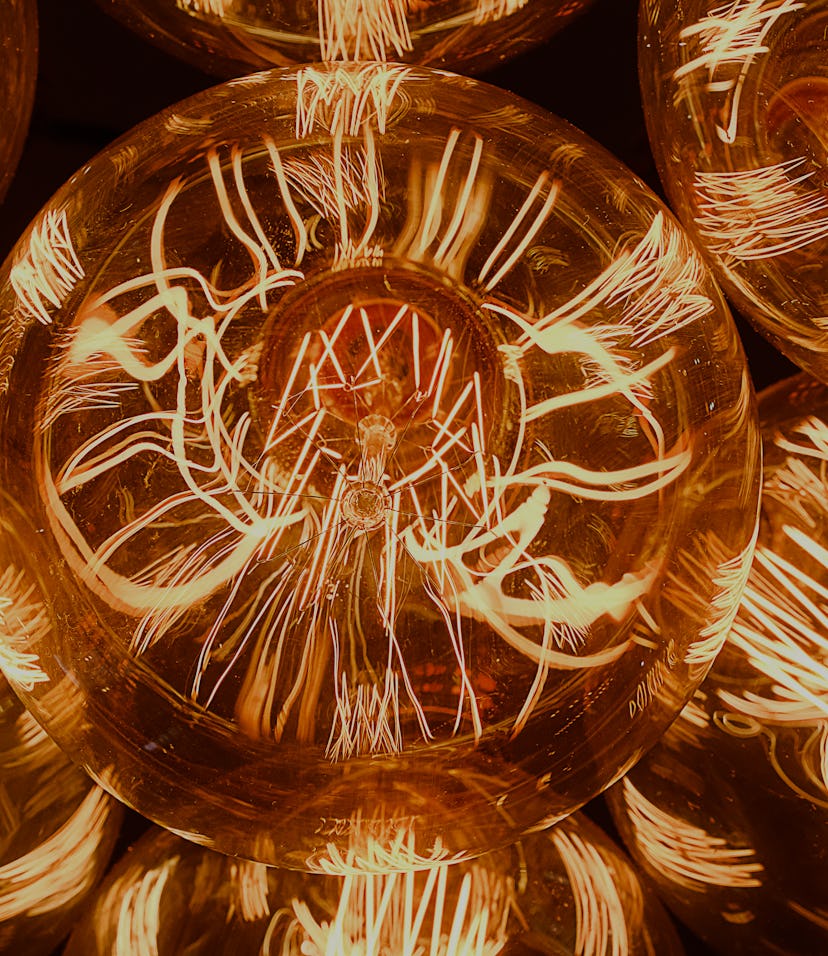Dark arts
Hackers can harness lightbulbs to eavesdrop on your conversations
Ridding your life of smart devices isn't even enough to protect you from spies these days.

If you thought your home was safe from spies because you don't have Amazon Echo, Google Home, or Apple HomePod speakers, think again. Security researchers in Israel have found a way to eavesdrop on conversations using an old fashioned, "dumb" light bulb.
Granted, there a sizeable list of caveats to this "hack," and it's difficult enough to pull off that you're likely only going to be targeted this way if you're a person of special interest like Edward Snowden. But it's still mind-blowing to think that a lightbulb could be used as a vector to record conversations from afar. How far, as Forbes reports, up to about 80 feet, though with the right tools the range could be expanded.
A mix of rare tools and common ones — In simple terms, the hack works by connecting an electro-optical sensor to a telescope and then aiming it at a light bulb. When people standing near the light bulb speak, those sounds will gently vibrate the surface of the light bulb. Those vibrations can be collected by the electro-optical sensor, converted into sound and, with the help of a voice-to-text API like Google Cloud Speech, transcribed into actual text.
The same method can be used to record music, which can then be identified using services like Soundhound or Shazam, which was recently acquired by Apple. We imagine most people would be more concerned about their conversations being overheard than a stranger critiquing their taste in Britney Spears tracks.
Time to cover your bulbs — The caveats are that the light bulb needs to be hanging from a ceiling and not blocked by any sort of lampshade. If the lightbulb is inside a home and is being obscured by a curtain, that would also render the hack worthless. You really need a clear, unimpeded view of the bulb in question, and the music or people speaking need to be doing so as sufficient volume for the hack to work.
So the good news is that it's a difficult trick to pull off, and it'll be no use if you invest in a blinds, curtains, or lampshades, or keep your sensitive conversations confined to whispers. The bad news is that the paranoid among us have a new errand of replacing our bulbs this weekend. Or at least covering them up like we already do with our laptop webcams. If all else fails, of course, we can just have our sensitive chats in the dark.